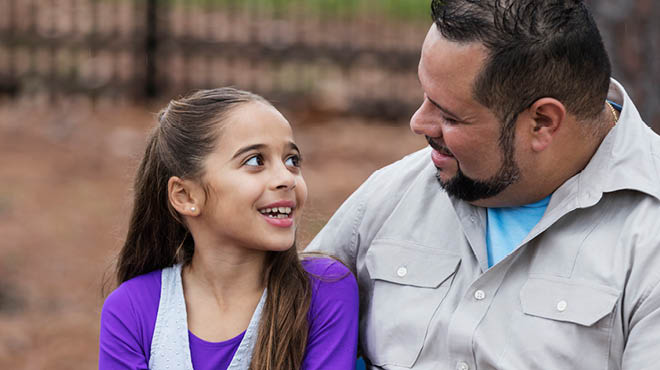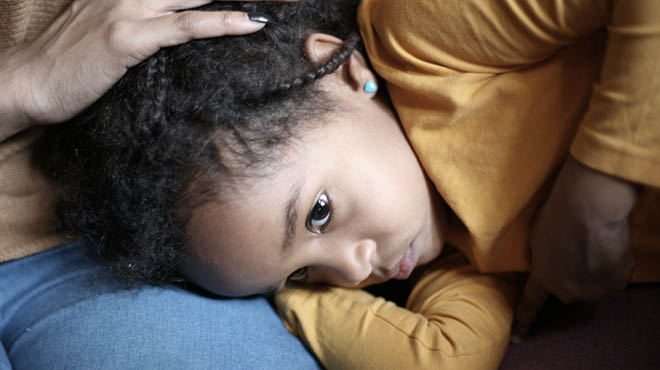Recent Posts
Easing the fear of nightmares

Nightmares can be scary for children and their parents. Children usually begin having nightmares between the ages of 3 and 6. Nightmares usually start to decrease after age 10.
The content of childhood nightmares varies with age. Younger children might have nightmares about monsters, while older kids have nightmares about school or difficulties at home.
Nightmare causes
Nightmares can be caused by a number of things, including:
- Stress from normal everyday life
- Large changes, such as a move or death in the family
- Lack of sleep
- Watching scary movies or reading scary books
Occasional nightmares usually aren't causes for concern, and they can be discussed during a routine well-child visit. You may want to talk to your provider sooner if your child’s nightmares occur frequently and persist over time, routinely disrupting sleep, causing fear of going to sleep or causing daytime behavior problems.
So what can you do the next time your child awakens in the middle of the night with a nightmare? Be patient, calm and reassuring.
Also, try these tips for more peaceful nights:
- Talk about the dream.
Ask your child to describe the nightmare. What happened? What made it scary? Then remind your child that nightmares aren’t real and can’t hurt you. - Put stress in its place.
If your child seems anxious or stressed, talk about what’s bothering him or her. Read more about fostering resiliency in kids. Also, if your child is grieving, learn ways to provide support. - Provide company.
Your child might feel more secure sleeping with a favorite stuffed animal, blanket or other comfort object. - Brighten up.
Use a night light in your child’s room. If your child wakes up during the night, the light might be reassuring. Have the nightlight be as dim as possible so as not to interfere with sleep. - Open the doors.
Leave your child’s door open at night so that he or she won’t feel alone. And leave your door open, too, so you can respond quickly if your child has a nightmare.
By Mayo Clinic Health System staff





